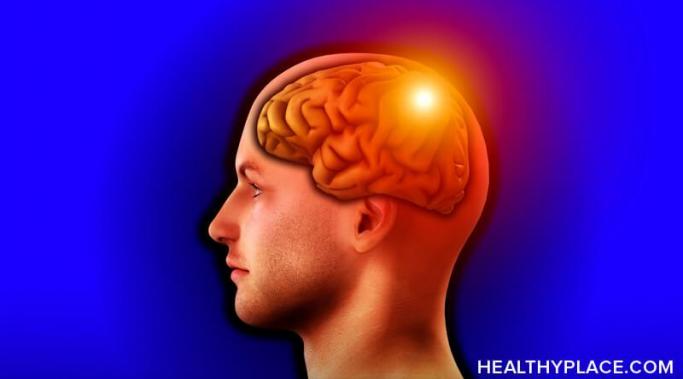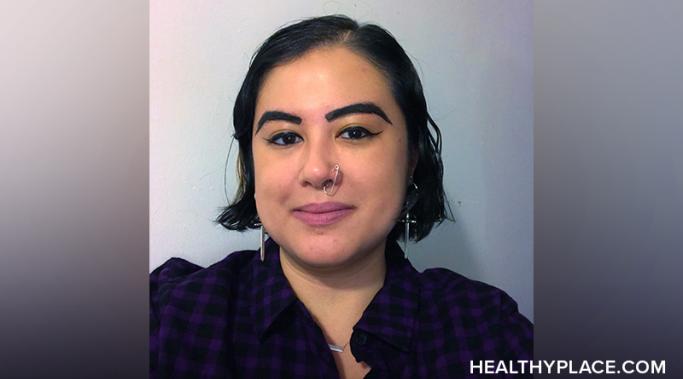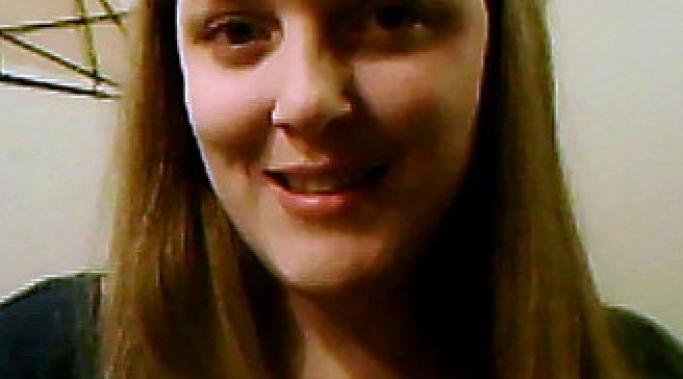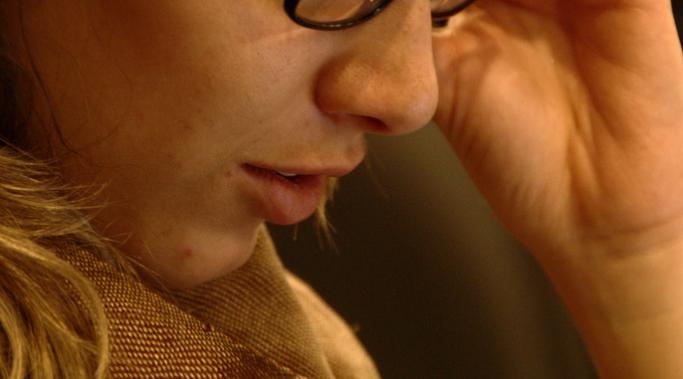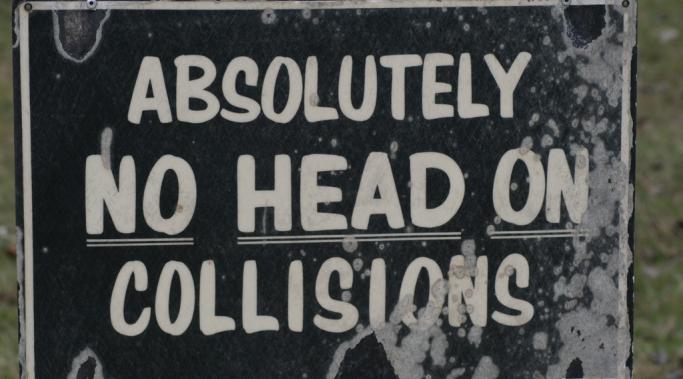Long before I was diagnosed with dissociative identity disorder (DID), I was able to hold a pencil with my hand. It was only then that I realized that I could transport myself to anywhere my imagination could take me. I would spend literally hours in my bedroom, doodling and doing anything I could to get away from the trauma of my household.
Videos on DID
Can the emotional freedom technique (EFT) help those living with dissociative identity disorder (DID)? For many people with DID, every day can feel like living with your head in the clouds. Dissociation, in its simplest form, is the process of disconnecting from your thoughts and emotions. It wasn’t until I entered therapy that I learned the importance of grounding myself, getting back into my head, and ultimately regaining control of my life.
My name is Krystle Vermes, and I am extremely excited to become an author of the Dissociative Living blog. As an individual living with dissociative identity disorder (DID), I feel like I can make a difference by sharing my personal experiences and knowledge on everything the condition encompasses.
Knowing how to choose a therapist for dissociative identity disorder (DID) is much different from knowing how to choose a car or a box of on-sale cereal. DID treatment can be challenging and there are so many considerations to ponder when choosing a therapy for DID. Do you need a specialist? Do you need a DID therapist? What brand of therapist do you need? What type of treatment does he or she offer?
My name is Becca Hargis, and I am greatly excited to join the Dissociative Living blog. I was first diagnosed in 1992 with dissociative identity disorder (DID), known then as multiple personality disorder; however, the stigma attached to the diagnosis made me run. I knew there was something not quite “right” about me, but I couldn’t accept that it was DID, so I fired my therapist. It took several more years and many more therapists, all of whom diagnosed me with DID, before I finally accepted it.
Hello everyone. My name is Crystalie Matulewicz, and I’ve been chosen to be one of the writers for the Dissociative Living blog here at HealthyPlace.
I have recently earned my Bachelors of Arts in Psychology and will soon be pursuing my Masters in Mental Health Counseling. My two lifelong dreams have been to become a writer and to become a counselor, and now here I am getting so close to achieving both. My dissociative identity disorder diagnosis isn't holding me back.
Dissociation is an anxiety symptom that is part of dissociative identity disorder (DID). Sometimes dissociation is not splitting between personalities, but only losing touch with reality for a time. Many people who suffer from DID also experience other mental illnesses, or mental illness symptoms. One that I have noticed is anxiety. Dissociation and anxiety symptoms sometimes causes my panic attacks.
Hello, my name is Sherry Polley. I am currently 31 and living in Indianapolis, Indiana. I will be blogging for the Dissociative Living blog. I was formally diagnosed with dissociative identity disorder (DID) around 2008. I have since recovered from the disorder due to therapy and a miraculous medication. I had been living with the disorder for my entire life, and found it to be very confusing until I received and understood the diagnosis of DID. It wreaked havoc on my life and was very painful. I did a lot of unpleasant things when my alters would take over and my loved ones were very concerned about my behaviors. I am here to tell you that recovery is possible, from dissociative identity disorder as well as others.
Soon after I began researching anything and everything related to Dissociative Identity Disorder, I came across the idea of state-dependent learning. And though the concept – that things learned or experienced under certain conditions, internal and/or external, are easiest to recall under those same conditions – made sense to me, it didn’t make much of an impression. But recently I had a profound personal experience that illustrated clearly to me both the power of state-dependent learning and the revelation of state-dependent memory recall.
There’s a space of six weeks between my last two posts here at Dissociative Living. Some of that month and a half disappearance has to do with the fact that I’d been trying to do too much for the better part of a year and I reached a kind of critical mass that left me depleted and in desperate need of rest. And some of it has to do with the nature of Dissociative Identity Disorder itself. It’s natural, within the context of DID, to compartmentalize one’s life to such a degree that the various arenas in which we live – work, school, friends, etc. – are separate worlds altogether. And when one or more of those worlds collide, as they inevitably do from time to time, the resulting anxiety triggers a full retreat from one or all of the affected worlds. But I’ve discovered that there’s more to these disappearances than I believed.

